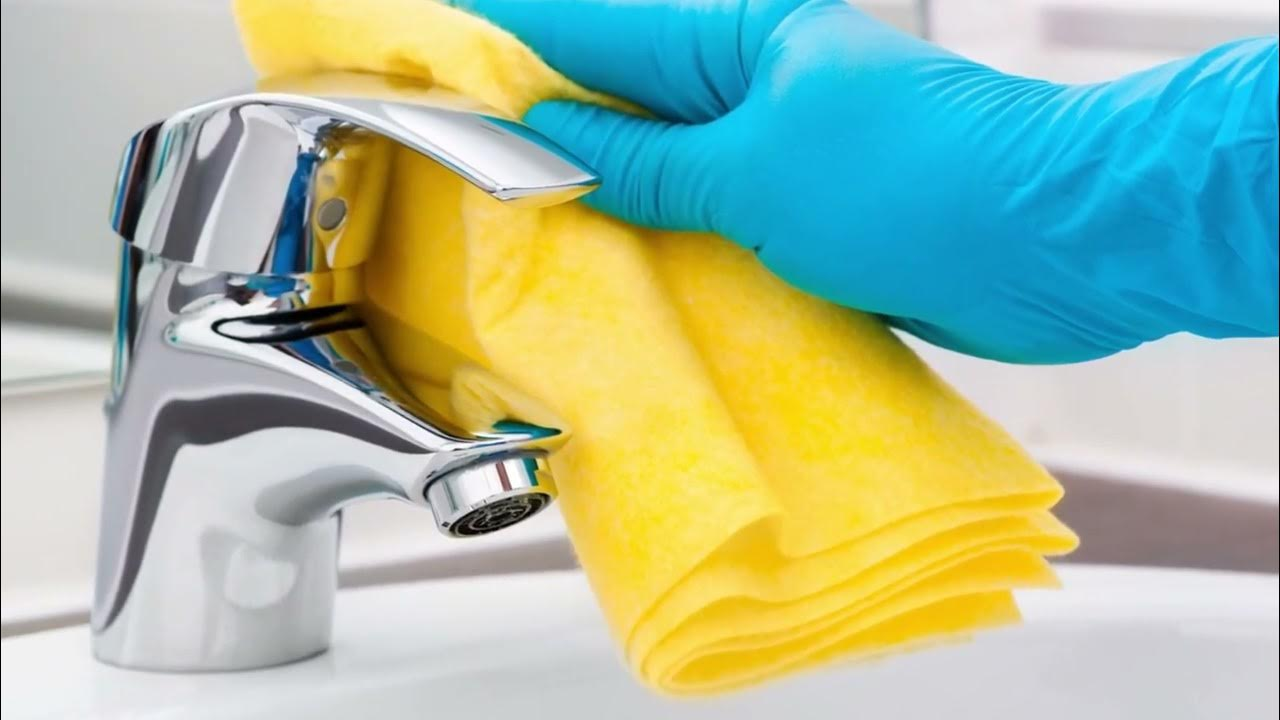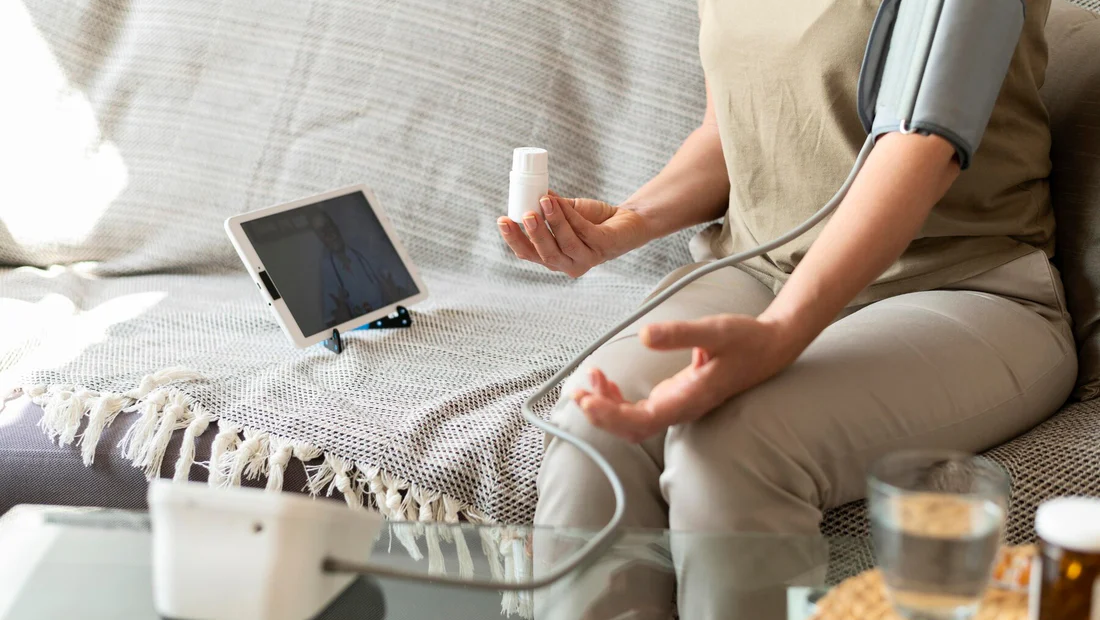Now Reading: Why Hard Water Is Quietly Damaging Your Appliances Daily 2025
-
01
Why Hard Water Is Quietly Damaging Your Appliances Daily 2025
Why Hard Water Is Quietly Damaging Your Appliances Daily 2025

Table of Contents
Hard water is one of the most common problems affecting homes across the world. It may seem harmless at first, but over time, it can lead to serious issues for your plumbing system, kitchen appliances, laundry, skin, and even your monthly budget. If you’ve ever noticed white spots on your dishes, a chalky layer on your faucets, or dry itchy skin after a bath, chances are you are dealing with.
In this article, we will explain what is, how to identify it, the problems it causes, and some easy solutions to fix it.
What is Hard Water?
Hard water is water that has a high amount of dissolved minerals, especially calcium and magnesium. These minerals are not harmful to your health, but they can cause serious damage to your household items and reduce the efficiency of daily chores.
Rainwater is naturally soft when it falls. But as it travels through the ground, it absorbs minerals from rocks and soil, turning it into hard. In India and many other parts of the world, groundwater used for daily activities is often hard.
How to Identify Hard Water
Some of the most common signs of water include:
- White or cloudy spots on dishes and glassware after washing
- Soap and shampoo that do not lather easily
- Stiff, scratchy clothes even after washing
- White chalky residue on taps, sinks, and bathroom tiles
- Reduced water pressure from showerheads and taps
- Frequent failure or poor performance of water heaters, washing machines, or geysers
- Dry skin and dull hair after bathing
If you observe two or more of these signs, you likely have in your home. You can also confirm it with a simple water hardness test kit available in the market.
Problems Caused by Hard Water
- Damage to Appliances
Hard water forms a mineral layer, also known as scale, inside appliances like washing machines, dishwashers, and water heaters. This buildup reduces their efficiency and life. You may also end up paying more for electricity, as machines have to work harder. - Blocked Plumbing Pipes
The minerals in water stick to the inside of pipes, slowly narrowing the flow of water. This leads to reduced water pressure, leakages, and even pipe bursts in the long run. Plumbing repairs can be very expensive. - Skin and Hair Issues
Hard water does not rinse off soap or shampoo completely. This leaves a layer on your skin, which can make it dry, itchy, and irritated. People with sensitive skin or eczema may suffer more. water also makes hair dull, frizzy, and hard to manage. - Laundry Problems
Washing clothes in water means using more detergent. But still, clothes can come out stiff and rough. The fabric wears out faster, and whites may turn yellowish over time. - Stained Bathroom Fixtures
The minerals in water leave behind a white or brown residue on taps, tiles, sinks, and toilets. These stains are hard to clean and make your bathroom look dirty, even when it’s not. - Poor Taste and Smell of Water
Some people also notice a metallic or chalky taste in drinking water due to high mineral content. While not dangerous, it is unpleasant and may make tea or coffee taste odd.
Economic Impact of Hard Water
Hard water is not just a minor inconvenience. It can cost you money. Studies show that water can increase your energy bills by up to 25% and reduce the lifespan of appliances by nearly 30%. The extra detergent, cleaning supplies, and plumbing costs all add up over time. What seems like a small issue today could lead to big bills tomorrow.
Solutions for Hard Water Problems
Thankfully, hard water is a treatable problem. Here are some popular solutions:
- Water Softeners
A water softener is a filtration device that removes calcium and magnesium from water using a process called ion exchange. These are widely used in homes and buildings where water hardness is a known issue. - RO (Reverse Osmosis) Purifiers
For drinking water, RO purifiers are a great option. They remove not only hardness-causing minerals but also other impurities like chlorine, bacteria, and heavy metals. - Vinegar or Lemon for Cleaning
If you’re dealing with hard water stains on tiles or faucets, using vinegar or lemon juice can help. These natural acids break down the mineral deposits. - Descaling Agents
Many companies sell descaling powders or liquids specifically made for appliances like washing machines and dishwashers. Using these products regularly can prevent scale buildup. - Magnetic Water Conditioners
These are newer, eco-friendly options that use magnets to change the structure of minerals so they don’t stick to surfaces. Though results may vary, they are worth exploring.
Final Thoughts
Hard water problems affect millions of households every day, but they often go unnoticed until major damage occurs. By identifying the signs early and choosing the right solution, you can save your appliances, improve water quality, and make your home more efficient.
Hard water may be silent, but the problems it causes can be loud and expensive. Taking action now can save you time, money, and stress in the future.
Read More:- Shobha Realty Launches Its Most Luxurious Project Yet—Full Details Inside 2025






















